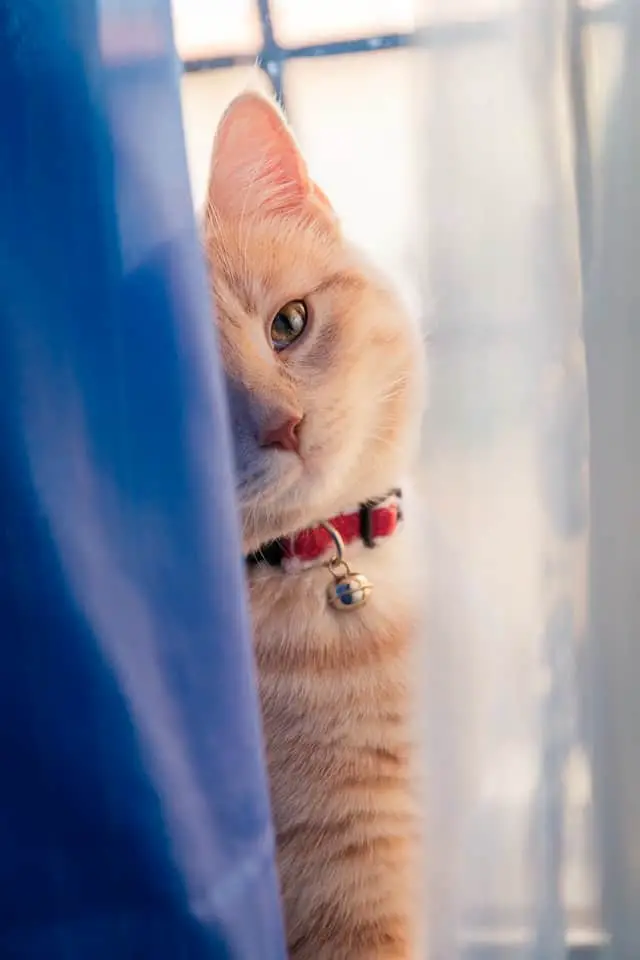
Unlike what you might think, not only humans and dogs suffer from separation anxiety.
Generally it is thought that the cat is more autonomous, sometimes indifferent, and that it is more attached to the place where it lives than to its owner.
However, this is absolutely not the case, in fact in some cases even cats suffer from this pathology.
Causes of separation anxiety
Cats that have been abandoned by their mothers or first owners may be more prone to suffering from separation anxiety.
Another factor that could cause anxiety in the cat could be too early weaning, or even the way in which the environment in which the cat lives is set.
In addition, if the cat does not engage in other activities and therefore has no other ways to play and build trust without being attached to you, it could increase the possibility of separation anxiety.
The cat may never give problems throughout its life but a change in everyday life could be enough, such as a vacation or a divorce, which could trigger separation anxiety.
Signs of separation anxiety in cats
When the owner goes out, the cat may meow excessively, it may even go to the toilet outside the litter box, it may urinate or defecate on the owner’s bed or clothing.
It’s easy to misinterpret this behavior as spite, but it’s a way for the kitten to calm down by mixing her scent with yours.
Other signs can include excessive self-cleaning, eating too fast, or not eating at all when the owner is not around.
Treating separation anxiety
Before labeling your cat as having separation anxiety, it is important that he be examined by the vet. The behavior could have a medical cause other than anxiety.
For example, needs made outside the litter box could mean lower urinary tract disease or other medical causes.
Excessive meowing can be the result of external parasites, skin allergies, irritation.
Eating too fast or a lack of appetite can also be caused by other medical conditions.
We therefore recommend that you do not jump to conclusions on your own, but pay a visit to your veterinarian.
Once your cat is diagnosed with separation anxiety, behavior modification techniques can be used to reduce her stress.
A scratch puller serves as a place to sleep, play, climb, scratch and when placed near a window will provide a front row seat for outside bird watching.
Reward him when he is quiet, when he does something to entertain himself. Reward the behavior you want to see again and not the old unwanted behaviors.
Involve cats in hunting games, for a cat, being able to grab prey and enjoy a successful catch is the height of joy and satisfaction.
Don’t overdo it
When you go out to work or on errands, don’t go overboard with the greetings, the cat will think that you are going away for a month instead of just 8 hours.
Make your farewells very casual, cats easily pick up on the emotions of their human family members. If you are angry, your cat may be angry.
If there are particular objects that trigger anxiety such as your keys, your purse, try to take them several times a day without then leaving the house so that they are no longer an object of anxiety.
Leave the radio on on a soft station, the background music could serve as a buffer for any outside noise that could trigger your cat’s anxiety.
If a drug is needed

There are some cases where anti- anxiety medication may also be needed. The vet will recommend the most suitable one based on the specifics of the case.
If a drug is prescribed, it MUST be used in conjunction with appropriate behavioral modifications and should not be viewed as a necessary substitute for alleviating cat anxiety.
If you have noticed a change in your cat‘s behavior or think he may be experiencing separation anxiety, contact your veterinarian for a thorough examination.






